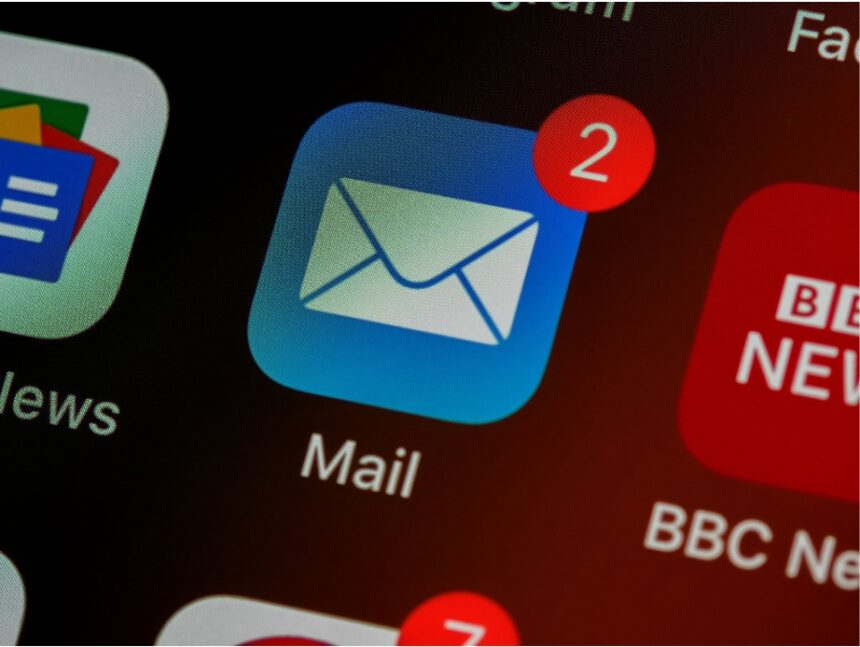In today’s dynamic digital marketing milieu, an often asked question is – ‘In this year of 2024, do email lists still carry any significance?’ With the explosive ascent of various social media platforms and the advent of fresh marketing methodologies, it’s natural to query the ongoing relevance of email marketing. However, the actual situation contradicts this scepticism. Email lists persist as a fundamental tool in reaching and interacting with target audiences, often surpassing other novel channels. So, let’s delve into the reasons behind this enduring power.
The Resilience of Email Lists
In the face of social media’s burgeoning supremacy and the emergence of alternate online marketing techniques, email maintains its strong foothold. The prime reason is its potency in establishing a direct line of communication. Unlike social media channels, where visibility is governed by algorithms, emails directly reach a recipient’s inbox, enabling a personalised and regulated interaction. Such a direct interface allows brands to deeply engage with their customers, cultivating trust and devotion.
Boosting Customer Retention and Acquisition
A well-organised email list can considerably enhance customer retention and acquisition rates. Tailored and timely content aligned with the preferences and behaviours of your subscribers often leads to elevated engagement rates. In contrast to social media posts that can easily get camouflaged in the clutter, a well-designed email successfully catches attention and persuades action. Recent studies reveal that email marketing generates an average ROI of 4,200%, making it one of the most economical marketing strategies.
Prioritising Quality Over Quantity
With the evolution of stringent privacy norms and the rise of email fatigue, quality in preference to quantity in managing email lists has become more crucial than ever. The earlier practices of mass emailing a large but unengaged list are no longer effective. The focus today is on building a list comprising subscribers who are genuinely interested. This requires devising strategies like double opt-in procedures, segmenting your audience, and consistently delivering valuable content. You can work with a digital marketing or SEO agency to improve your email strategy.
Navigating the Maze of Privacy Regulations
As privacy laws tighten further, marketers are compelled to adapt to maintain compliance while running effective email campaigns. Laws like Europe’s GDPR and California’s CCPA have introduced new benchmarks for data protection. Marketers need to acquire explicit consent from subscribers and offer clear opting-out options. Being transparent and respecting consumer privacy aids not only in compliance but also in building trust and credibility.
Tackling Email Fatigue
In the digital era, email fatigue poses a real challenge. The remedy lies in personalisation and relevance. By leveraging data analytics and customer insights, marketers can design highly targeted campaigns that connect with their audience. Personalised subject lines, dynamic content, and behaviour-triggered emails can significantly enhance open and click-through rates, making your messages prominent in a crowded inbox.
Summing Up: The Sustained Relevance of Email Lists
All in all, even in 2024, email lists are like that timeless little black dress for digital marketers and e-commerce entrepreneurs—always in fashion and indispensable. The digital marketing world may keep spinning with new trends, but the classic charm of email as a direct, personalised, and effective communication channel stays rock solid. Focus on quality, respect privacy laws, and serve up relevant content to harness the full power of email marketing, boosting customer engagement and business growth.
Remember, the magic of email marketing isn’t just about having a list—it’s about giving it some TLC with savvy planning and strategy. Treat your email list right, and it will be the gift that keeps on giving in your digital marketing playbook.






